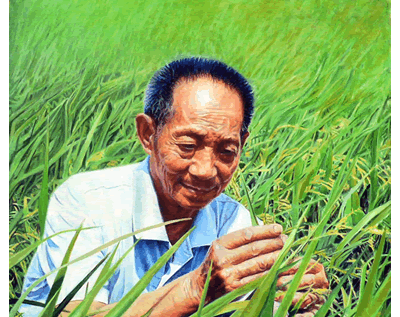
[1] My name is Amy. I’m a 25-year-old graduate student who likes yoga, home-decorating shows and eating spoonfuls of peanut butter straight from the jar. Oh yeah, and I’m an iPhone addict.
[2] I wasn’t always an addict. In fact, for many years I told myself I didn’t want a fancy cellphone. They seemed like too much work, always beeping, ringing and demanding attention. I was perfectly content with my simple antique, and I didn’t anticipate changing my mind any time soon.
[3] However, about a year ago, I found myself envious of all those proud iPhone owners, cradling their shiny new phones and showing them off to, all their friends.
[4] Eventually I couldn’t ignore my iPhone instinct any longer, and I welcomed my new iPhone into my life. I instantly fell in love with the little bundle of joy, and could no longer imagine a life without it.
[5] To my surprise, I suddenly found myself with a whole new circle of friends—other iPhone owners I could go to for advice and support as I learned the various functions of my new device. They responded to my iPhone-related questions when my other friends couldn’t, and didn’t roll their eyes when I boasted (自夸) about all the things it could do.
[6] My iPhone became my best friend. It slept right beside me and was the first thing I reached for in the morning. I checked my e-mail about 20 times a day. I also experienced attachment anxiety when I left it in the change room at the gym. _________ she beeped and needed my response? Or, even worse, what if a careless gym-goer knocked her out of my bag and caused her screen to crack (I hardly dared to imagine it)?
[7] Reflecting upon the past few months, I couldn’t believe I was addicted to my iPhone.
76. List Amy’s favorite things before becoming an iPhone addict. (no more than 10 words)
___________________________________________________________________________
77. Why, for many years, didn’t Amy consider buying an iPhone? (no more than 15 words)
___________________________________________________________________________
78. What does the underlined word “it” in Paragraph 5 refer to? (no more than 3 words)
___________________________________________________________________________
79. Fill in the blank in Paragraph 6 with proper words. (2 words)
___________________________________________________________________________
80. What’s the proper title of this passage? (no more than 4 words)
___________________________________________________________________________
76. Yoga, home-decorating shows and eating spoonfuls of peanut butter.
77. Because she thought they seemed like too much work, always beeping, ringing and demanding attention.
(Because she thought she was perfectly content with her simple old phone.)
78. My iPhone. / My new device.
79. What if
80. My addiction to iPhone / I’m an iPhone addict


科目:高中英语 来源:同步题 题型:阅读理解

查看答案和解析>>
湖北省互联网违法和不良信息举报平台 | 网上有害信息举报专区 | 电信诈骗举报专区 | 涉历史虚无主义有害信息举报专区 | 涉企侵权举报专区
违法和不良信息举报电话:027-86699610 举报邮箱:58377363@163.com